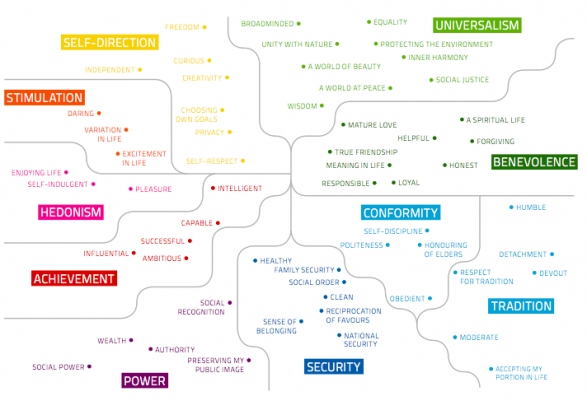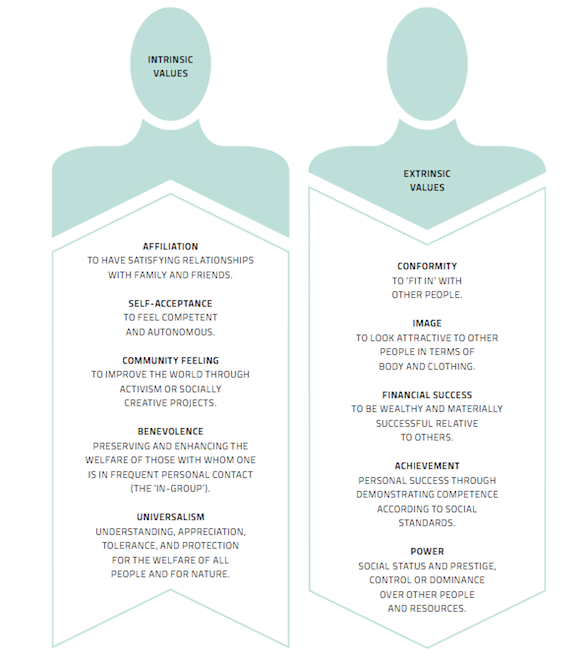The nation seeks locations for toxic waste sites. Would you be willing to accept one near your community? How about if there were a financial compensation, a cash incentive — would that change your mind?
In the 1990s, one nation facing these questions was Switzerland, and, in a contingent valuation survey, the incentives on offer ranged from $2175 to $8700 per person.
It turns out that the amount on offer didn’t make a difference, but the offer itself did. When money was on the line, willingness to accept a waste site dropped significantly: 50.8% to 24.6% in one survey of 305 residents, and 41.0% to 27.4% in another of 206 residents.
This effect is sometimes called crowding-out, and it happens when extrinsic motivators like money or punishments undermine intrinsic motivators, such as civic-mindedness. The Swiss example comes from a 1997 paper, “The Cost of Price Incentives: An Empirical Analysis of Motivation Crowding-Out,” by economists Bruno Frey and Felix Oberholzer-Gee.
One group collecting a lot of research on how intrinsic and extrinsic values are experienced and expressed is the UK-based Common Cause. When I saw Ezio Manzini’s talk on quality, I thought about the 2011 Common Cause Handbook (online or pdf).
From the Common Cause blog:
Are you saying we shouldn’t talk about things in economic terms?
This approach does not suggest that any and all talk of questions of cost (say) must be dispensed with. Rather, we must be careful not to allow these considerations to dominate our discussions of the advantages and disadvantages of different policies – as though investment opportunities or the loss to national GDP were the overriding concerns.
From the online Handbook:
Early researchers into human motivations discovered a surprising consistency in the things people said they valued in life. After testing this finding many times and across many countries and cultures, they put together a list of repeatedly occurring values.
Rather than occurring randomly, these values were found to be related to each other. Some were unlikely to be prioritised strongly at the same time by the same individual; others were often prioritised strongly at the same time.
The researchers mapped this relationship according to these associations, as presented below.The closer any one value ‘point’ is to another, the more likely that both will be of similar importance to the same person. By contrast, the further a value is from another, the less likely that both will be seen as similarly important. This does not mean that people will not value both cleanliness and freedom, for example – rather, they will in general tend to prioritise one over the other. Values can thus be said to have neighbours and opposites. Based on these patterns of association – as well as their broad similarities – they were then classified into ten groups.

From the Common Cause report, “Think Of Me As Evil? Opening the Ethical Debates in Advertising” (pdf):
Experiments show that extrinsic and intrinsic values act in opposition— placing importance on extrinsic values, for example, diminishes a person’s regard for intrinsic values, and reduces his or her motivation to engage in environmentally or socially helpful behaviour. This is not to say that extrinsic values should be viewed as ‘evil’, or that we ought seek to expunge them. Rather, they are an inherent part of human nature; all people can hold all values at all times, but with differing levels of emphasis. However, the evidence strongly suggests that where extrinsic values are accorded particular importance, pro-social and pro-environmental behaviours will be undermined.


